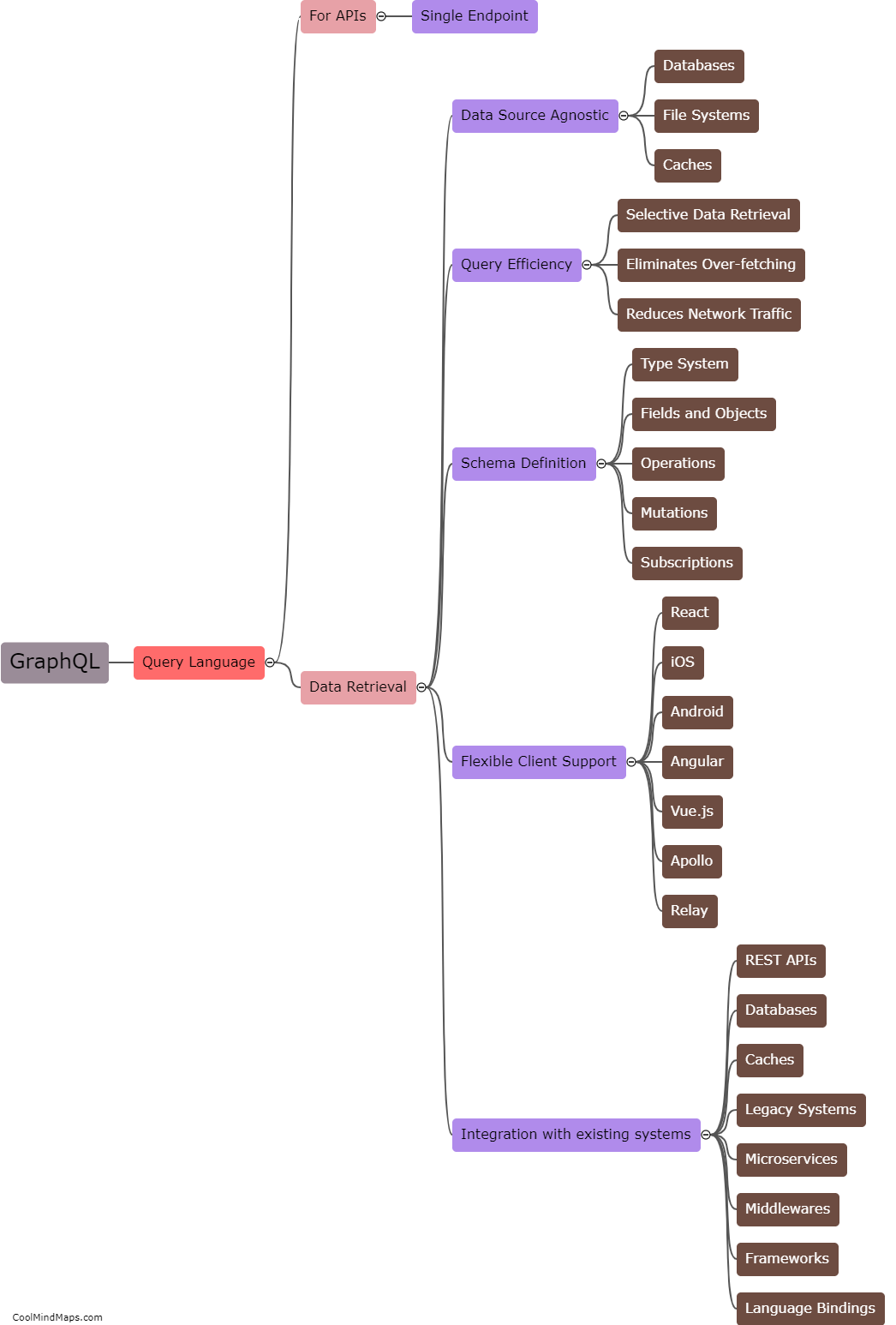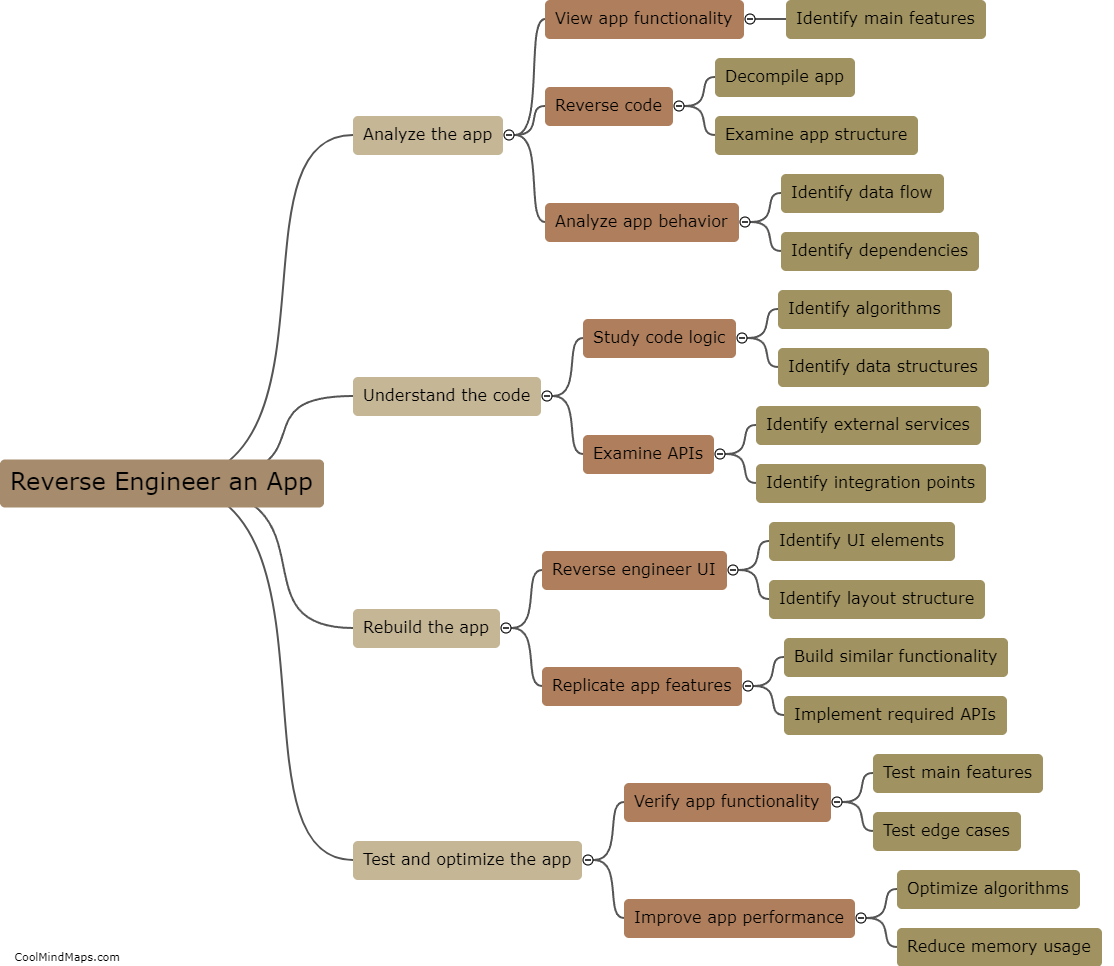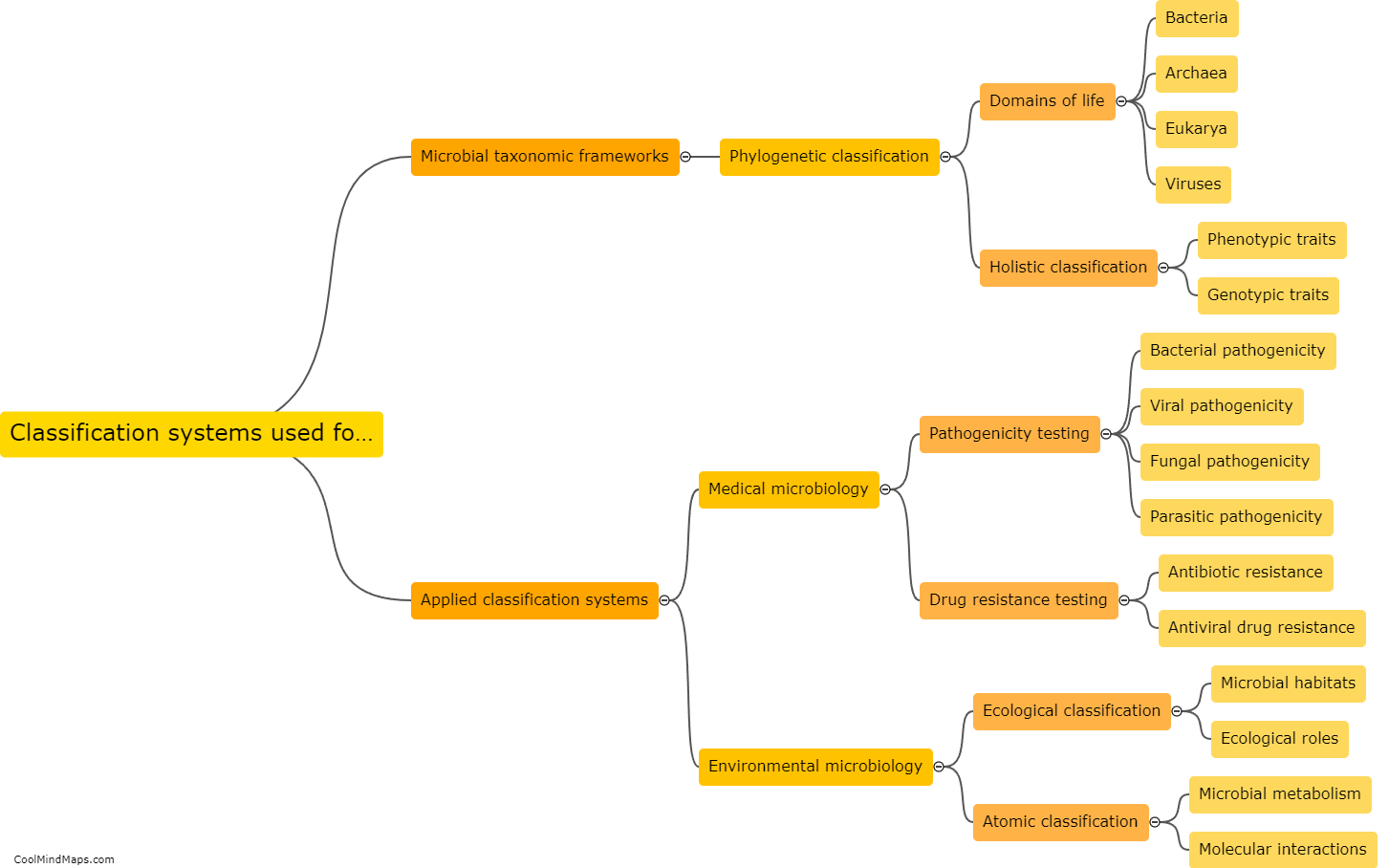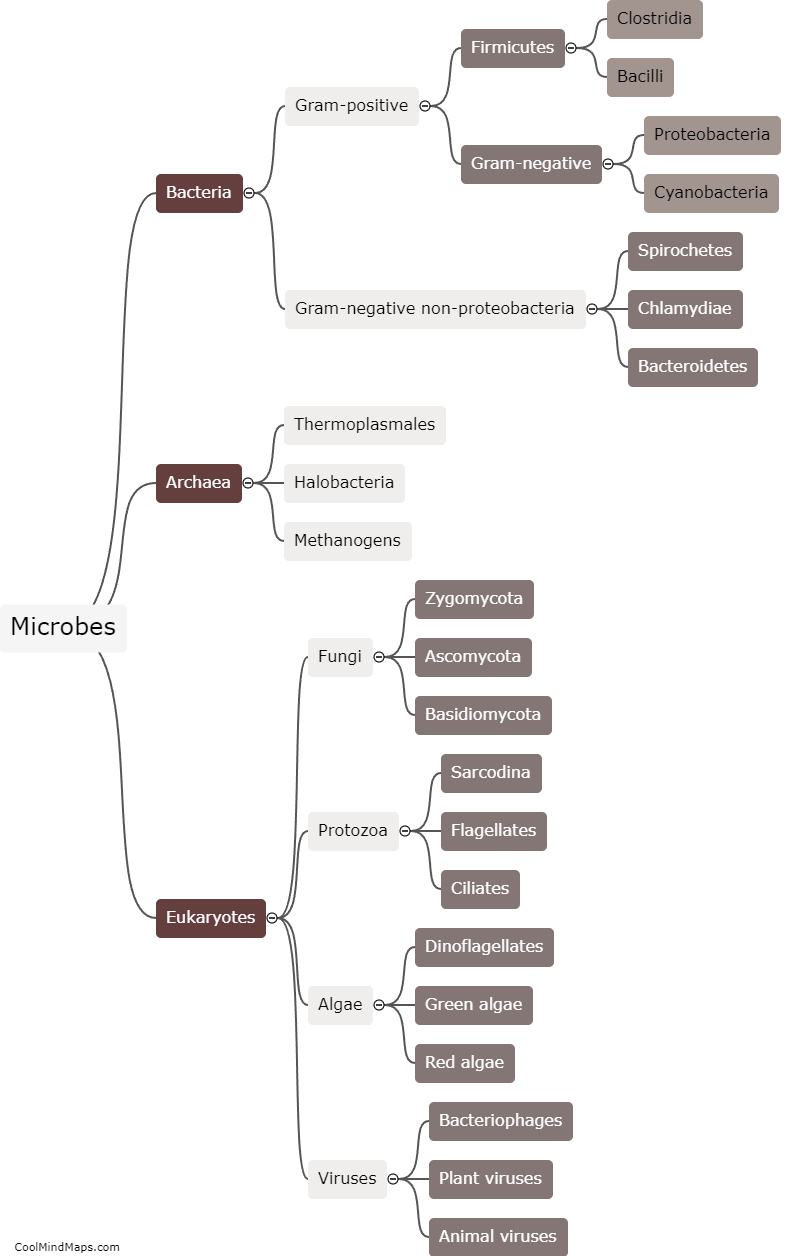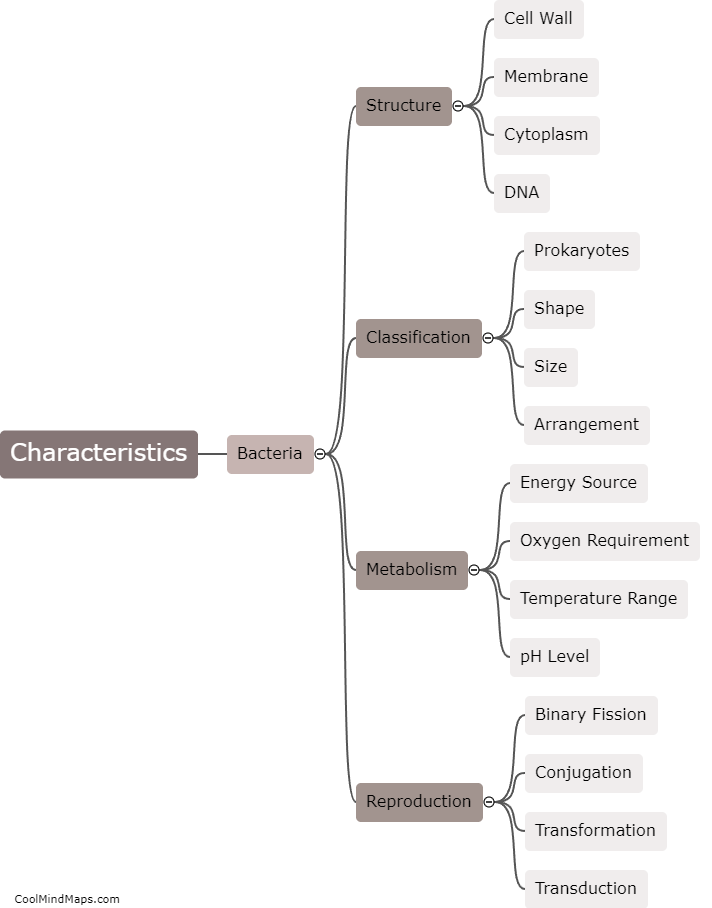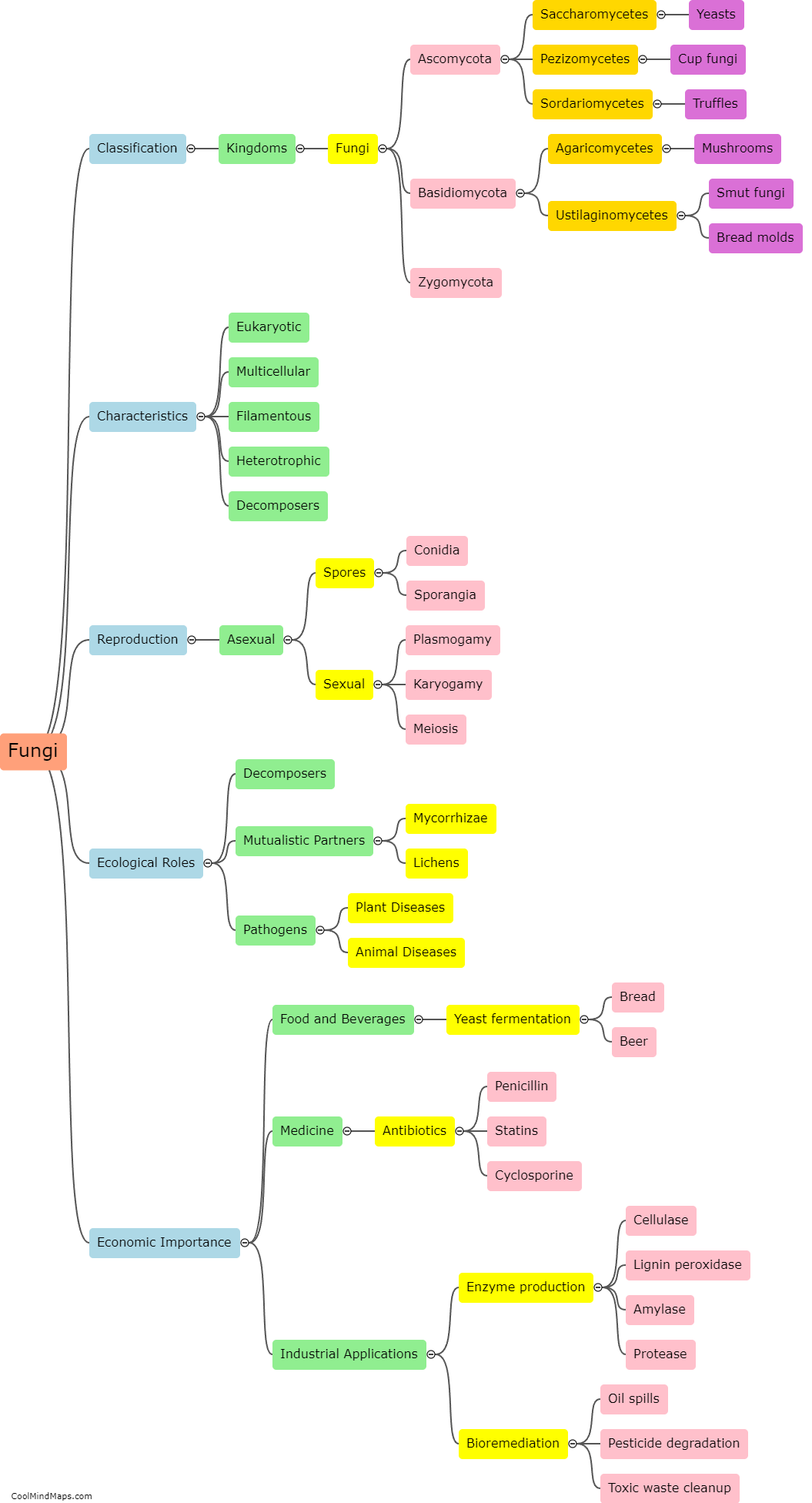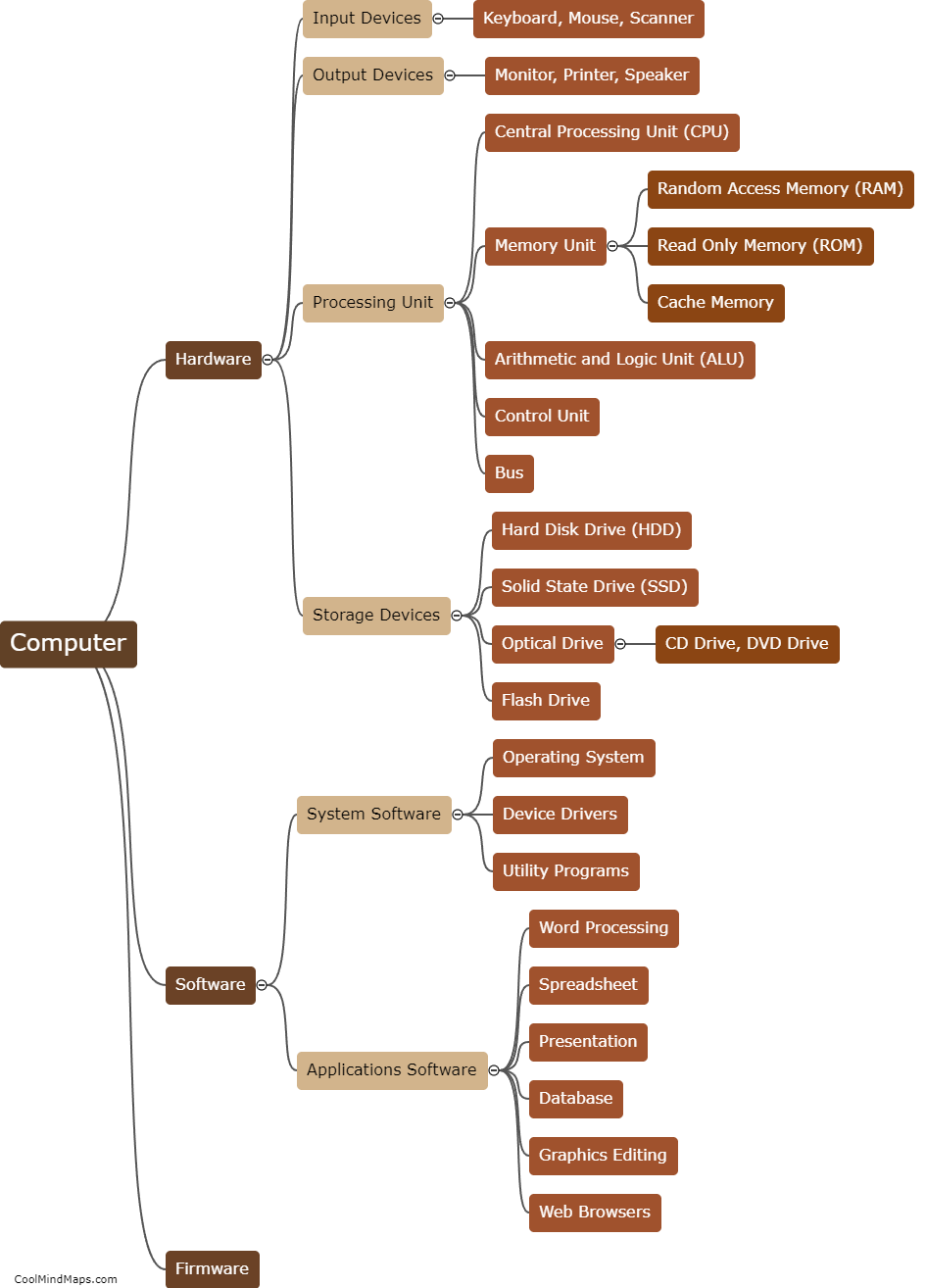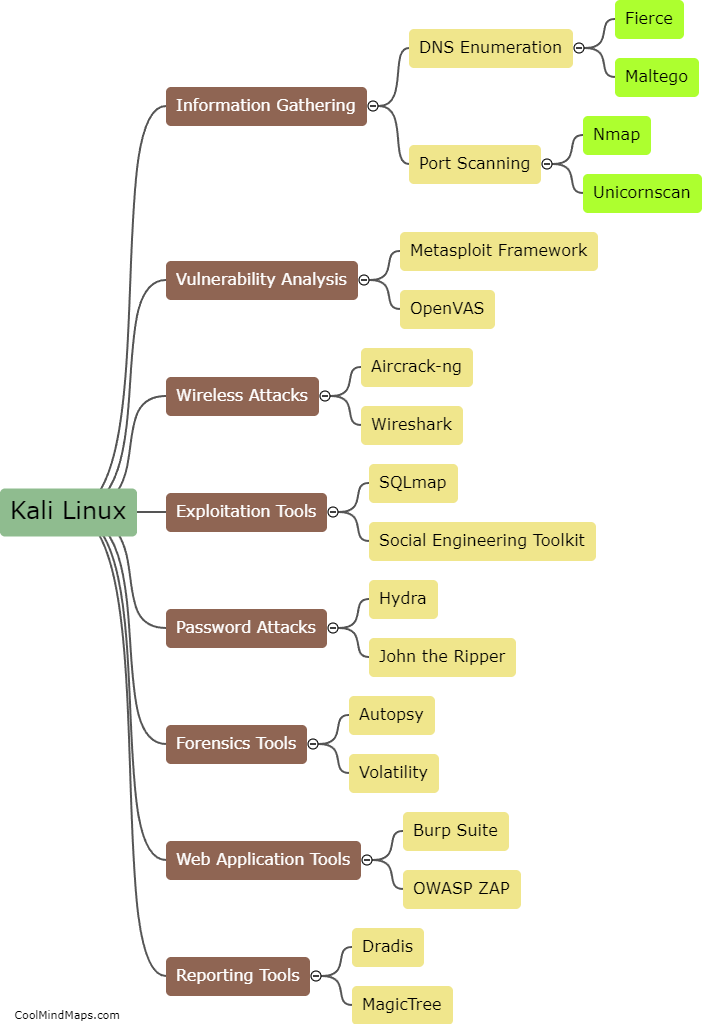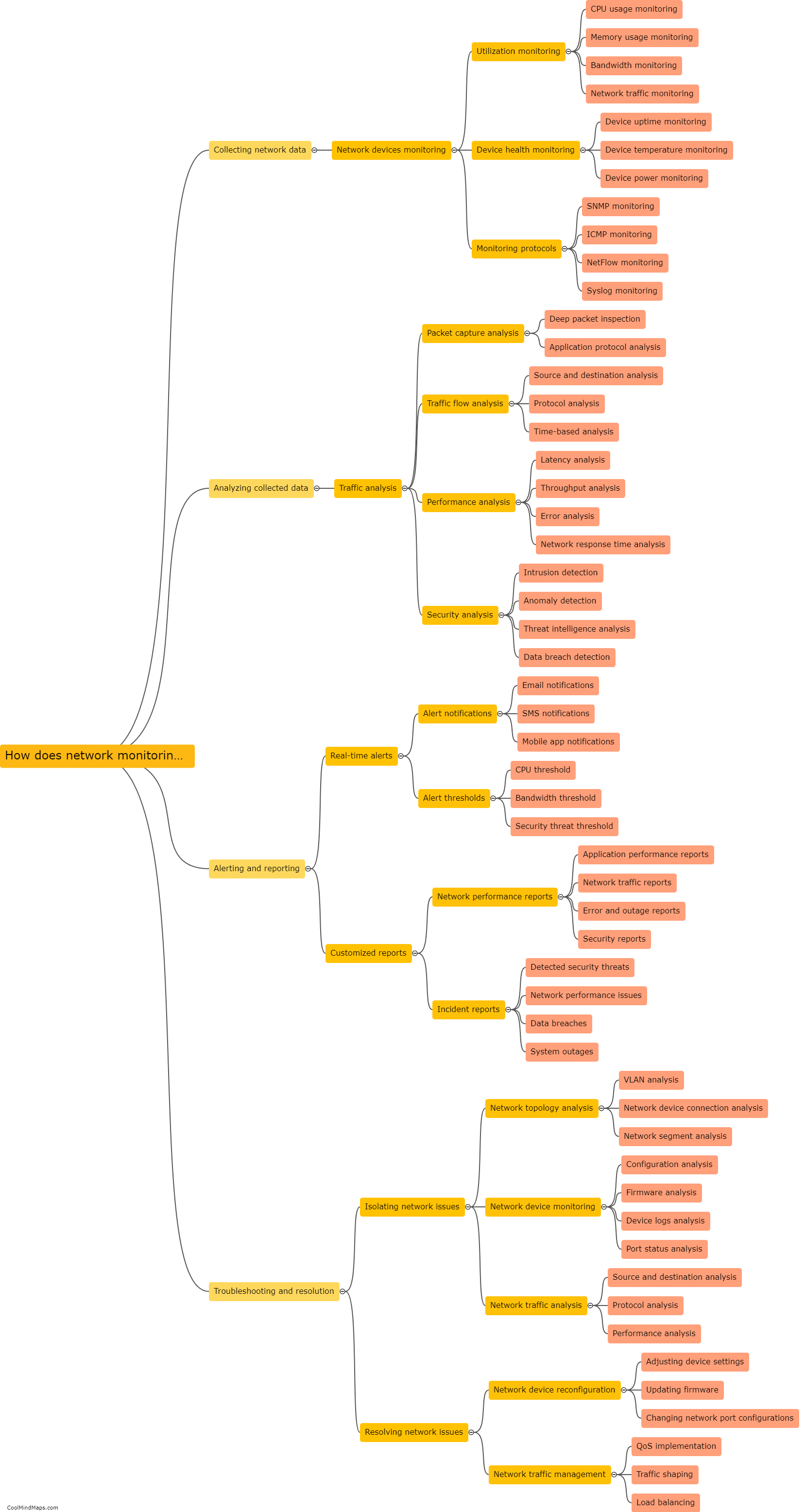How does the Linux kernel function?
The Linux kernel is the heart of the Linux operating system, responsible for managing the computer's hardware resources and providing a secure and stable environment for applications to run. It functions as a mediator between the hardware and software layers, handling tasks such as memory management, process scheduling, device drivers, and file system operations. The kernel communicates directly with the hardware, utilizing device drivers to control peripheral devices and ensuring efficient utilization of system resources. It also manages the execution of user processes by allocating CPU time, managing memory allocation and deallocation, and facilitating inter-process communication. Additionally, the kernel enforces security policies, ensuring that different processes and users are isolated and maintaining the integrity of the system. Overall, the Linux kernel functions as a robust and efficient foundation for the Linux operating system, enabling its stability, flexibility, and wide range of applications.
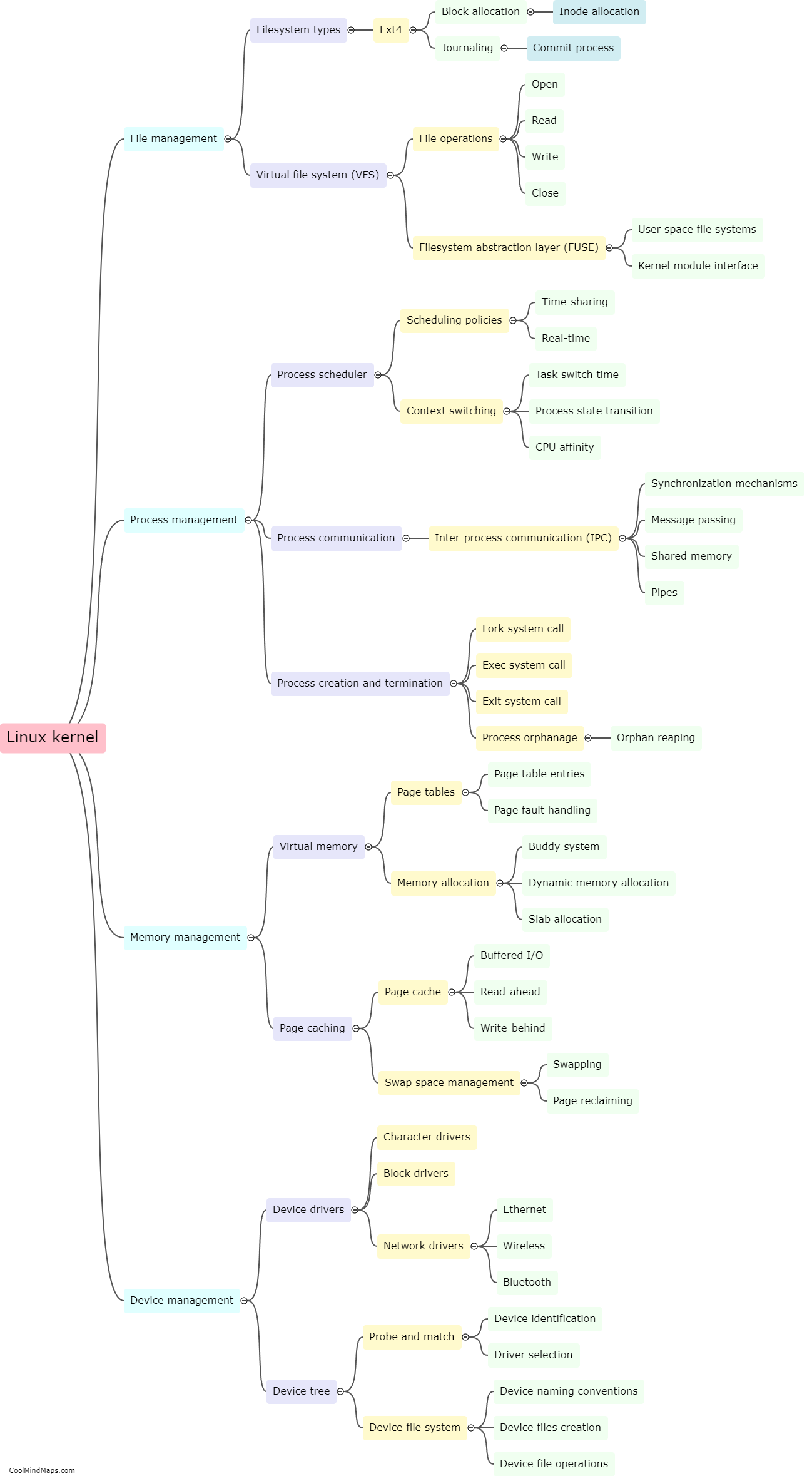
This mind map was published on 8 October 2023 and has been viewed 106 times.

